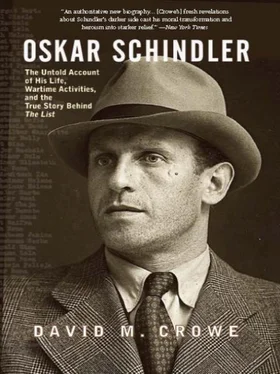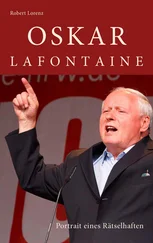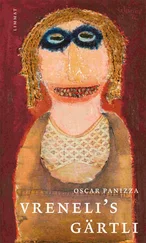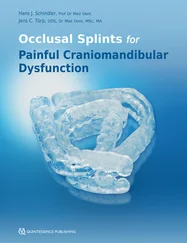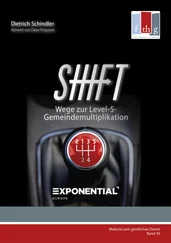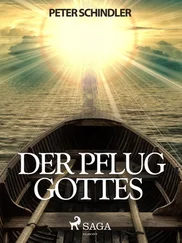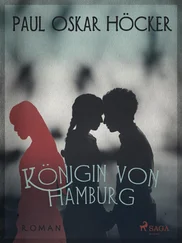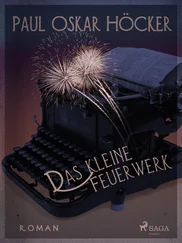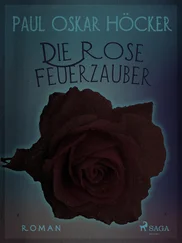On Sunday, July 10, Pruscha boarded the noon train for Svitavy and arrived at 12:22 P.M. Oskar, who had driven back to Svitavy the night before, went to the train station to see whether Leo had come. However, he did not approach Pruscha because he wanted to make sure that no one else was with him. After a while, Oskar walked up to him and, according to Pruscha, they took a bus to the Hotel Unger (today, Hotel Slavia). Schindler said that they walked to the hotel. “Müller” told Leo that he wanted to take him to Germany that afternoon and Pruscha agreed. Oskar took Pruscha to the hotel restaurant and told him to order breakfast. Schindler left Leo at the table and returned some time later. He told Leo that he had arranged transportation to Germany. Oskar again used Julius Heger’s rented car and a driver. As they drove to Zlaté Hory from Svitavy, Leo told “Müller” about his job at the state railway system. Oskar said he found most of the conversation confusing and uninteresting. He told Leo that once in Germany, they would meet with an Abwehr major who would tell Pruscha more about what they wanted from him. They had a late lunch at the train station in Zábřeh, where Oskar waited for a new driver. When he did not show up, Oskar arranged for the Svitavy driver to take them to Zlaté Hory. As they got closer to the frontier, Oskar said he hoped that he could locate the Abwehr major . 90
At this point, Leo seems to have gotten cold feet. He told “Müller” that he was not sure whether he had any valuable information for the Germans because he worked for the railway system’s commercial service. Oskar, however, disagreed. He had already decided that Pruscha would be of great help to Abwehr. Perhaps Schindler knew that Pruscha was a reserve sergeant in Telegraph Battalion No. 3 in the Czechoslovak army. He told Leo that the major wanted all information he had on military transports and related matters. “Müller” also wanted to know whether Pruscha had friends in the Czechoslovak military. Leo answered that he knew several officers. One, Igl, was retired; the other, Vaclav Ryba, was a warrant officer and a construction supervisor. Pruscha said he doubted that Ryba would be interested in working for the Germans. Oskar replied that he did not think Igl would be of value as he was retired, but he was interested in Ryba and would negotiate with him separately. 91
“Müller” told Leo that it was important for him always to carry money to pay for the expenses he would incur if he met people who might have valuable information. Oskar said that Leo should treat them to food and drink while they talked. He added that he could give Pruscha 100 to 200 crowns ($3.50 to $7.00) now but that Leo would have to request larger sums beforehand from Oskar. “Müller” would have to get approval for larger amounts from Abwehr. While they were talking, the car broke down, which delayed their trip. On the outskirts of Zlaté Hory, Oskar and Leo got out of the rented car. Oskar said he ordered the driver to take it about six miles to Jeseník (Freiwaldau) and wait for his call to return. Pruscha said the driver took them to Zlaté Hory’s town square, not the outskirts. Leo added that “Müller” told him to wait in the car while he visited a customer. After about fifteen minutes, Oskar returned and both men waited in a cafe for Peter. Schindler returned to the car and ordered the driver to leave after giving him written instructions about a later pickup time and location. Oskar went off again and left Leo on a park bench. Bored and hungry, Pruscha bought a pastry in a bakery and Oskar joined him there. They walked around the square for almost an hour before Oskar decided that Peter was not coming. He told Pruscha that he would take him across the border himself. 92
They followed the familiar path behind the church and across some fields to a pub just 150 steps from the border. “Müller” told Leo to relax. They would soon be in Germany. Both men crossed the border near Skrřivánkov (Lerchenfeld) between 4:00 P.M. and 5:00 P.M. on July 10 without detection. They walked a bit farther and entered a German pub through the kitchen, from where Oskar called Kreuziger’s 514 number. Thirty minutes later, a rental car and driver arrived to take them to Ziegenhals. Oskar said that it was Kreuziger who picked them up, though Pruscha said he did not meet the German agent until they arrived in Ziegenhals. The driver took them to a local hotel, the Deutsches Haus (German House). They went to the hotel restaurant and Oskar introduced Leo to Kreuziger, whom Pruscha referred to as “Kreuz” or “Kreuzer” during his interrogation. 93
At this point, the testimonies of Schindler and Pruscha vary considerably. Oskar said that after Kreuziger picked the two men up at the border, he took them to the Deutsches Haus. Afterwards, they went pub hopping until 3:00 or 4:00 A.M. and never discussed business. According to Schindler, Kreuziger picked them up the next morning at 9:00 A.M. at the Deutsches Haus and took them to his apartment. They stayed there for about an hour discussing Abwehr business. Pruscha claims that the bulk of their conversation took place in a private room at the Deutsches Haus the evening before. He told the Czechoslovak secret police that after he and “Müller” met Kreuziger in the restaurant at the Deutsches Haus on the evening of July 10, the three men had drinks and exchanged pleasantries. After a while, they went to a private room in the restaurant where Kreuziger interviewed Pruscha. The Brno railway clerk told Kreuziger that he was in bad financial shape and was not being promoted because he was a German. He emphasized that he and his family had a “strong national conscience.” Kreuziger said that he was glad that Leo was willing to work for Abwehr and regretted that his boss, the major , could not meet him. Leo reminded him that he was a mere railway clerk who worked in the commercial affairs division. Kreuziger said that was fine, though he was only interested in military information. Oskar added that Leo would be able to see military transports and facilities in Brno and could share this information with Abwehr. Kreuziger was desperate for details about the Czechoslovak state railways system because the Wehrmacht intended to use it to transfer “the bulk of the field army” into Czechoslovakia. 94
Pruscha now began to address Kreuziger as “Herr Major ” and said that he would try to get him some “traffic graphicons.” Kreuziger said that he knew nothing about graphicons and asked Leo to explain them. Pruscha said that a graphicon was “a graphical visualization of the train schedules and longitudinal intersection of the tracks where one can see the fluctuation (ascent and descent) along a [train’s] route.” Kreuziger said he would be interested in seeing the graphicons. Leo also promised to provide him with information on military railway facilities and transports. “Herr Major ” was particularly interested in details about military transports. He told Pruscha that he wanted anything on troop movements not only during mobilization but also when there was peace. The partial Czechoslovak mobilization on May 20–21 had caught the Germans by surprise and Abwehr wanted to be certain that this did not happen again. 95
Kreuziger also wanted to know about the military storage facilities in Brno. Pruscha said he knew nothing about them. The major then opened up a railway map of Czechoslovakia with names of stations in Czechoslovak and German. He was particularly interested in the border crossings from Austria via Brřeclav (Lundenburg) and Hrušovany n. Jevišovkou. Kreuziger also wanted to know about the condition and construction of the rail lines between these two cities and Brno. Brřeclav was about thirty miles southeast of Brno and Hrušovany twenty-seven miles to the southwest. Vienna was about fifty miles below each town. German forces operating out of Austria would want to gain quick control of these important rail heads in their move northward to Brno and beyond. Pruscha, who had once been stationed in Hrušovany, told Kreuziger that there was a double track between Brno and Brřeclav and a single line between Hrušovany and Brno. Kreuziger wanted to know the distance between the two cities and Brno. He also asked whether the Czechoslovak military had occupied these particular rail lines during their mobilization in May. Pruscha said that he had been sick during the partial call up, but was certain that the army had seized the bridges and carefully watched all rail lines. He added that there was a separate rail line out of Hrušovany westward to Znojmo (Znoim), which lay just north of the Austrian border. Kreuziger was interested in this information because there was a Czechoslovak military garrison in Znojmo. He asked Leo whether he knew how many troops were stationed in Znojmo. Pruscha said that he did not know how many soldiers were there. 96
Читать дальше
